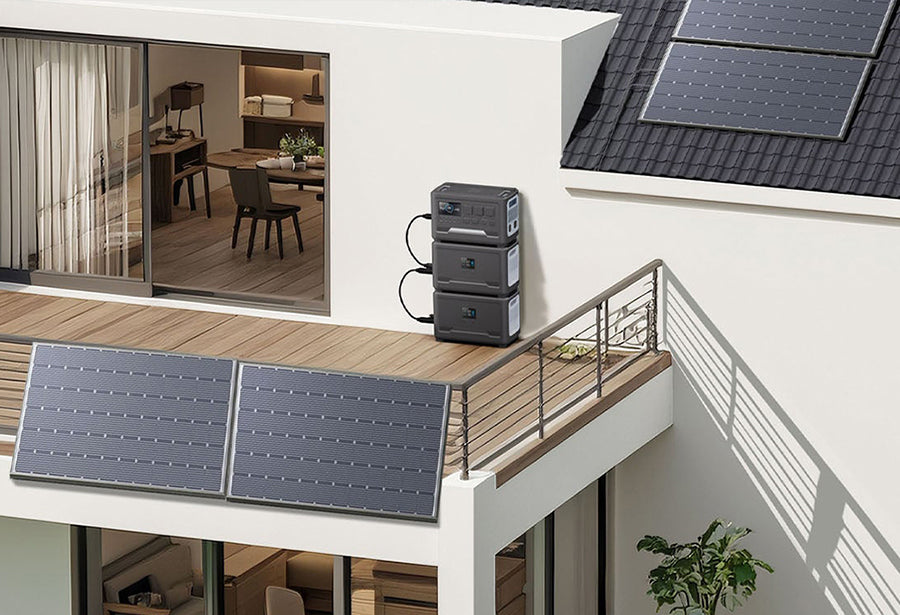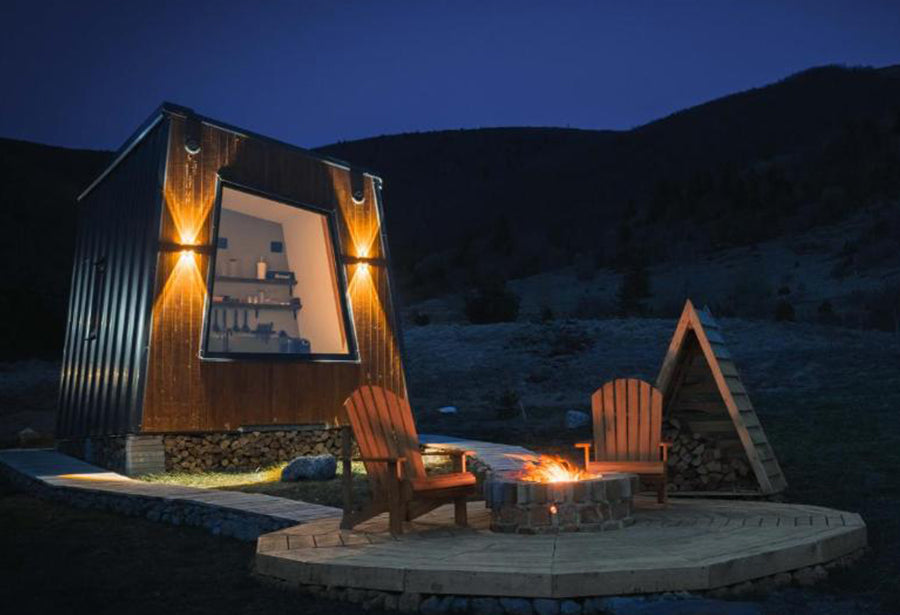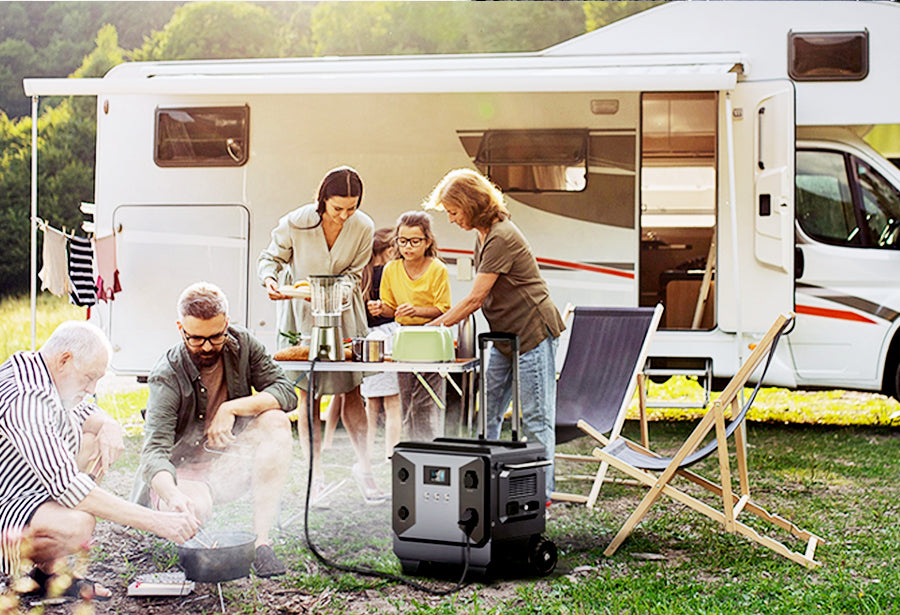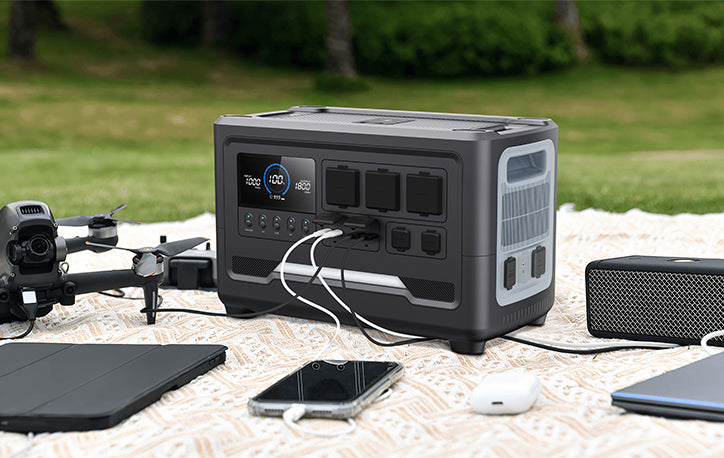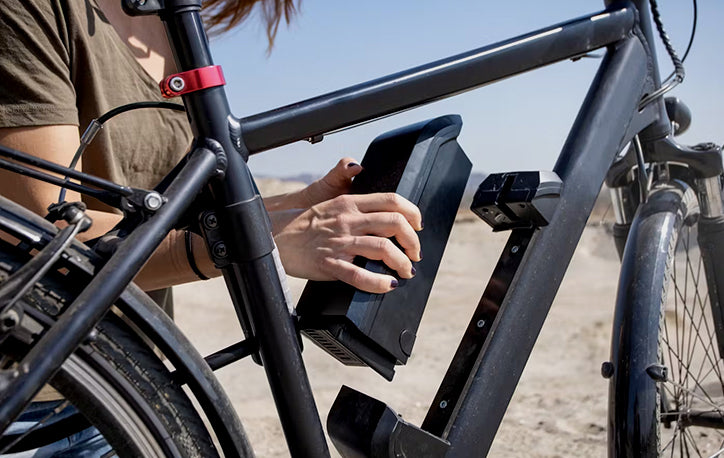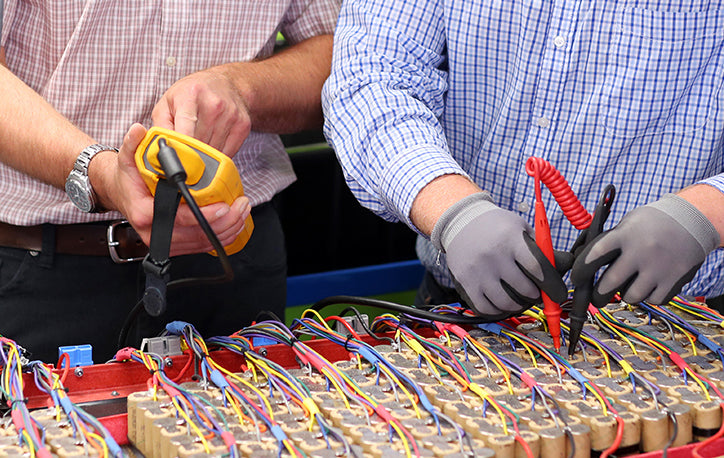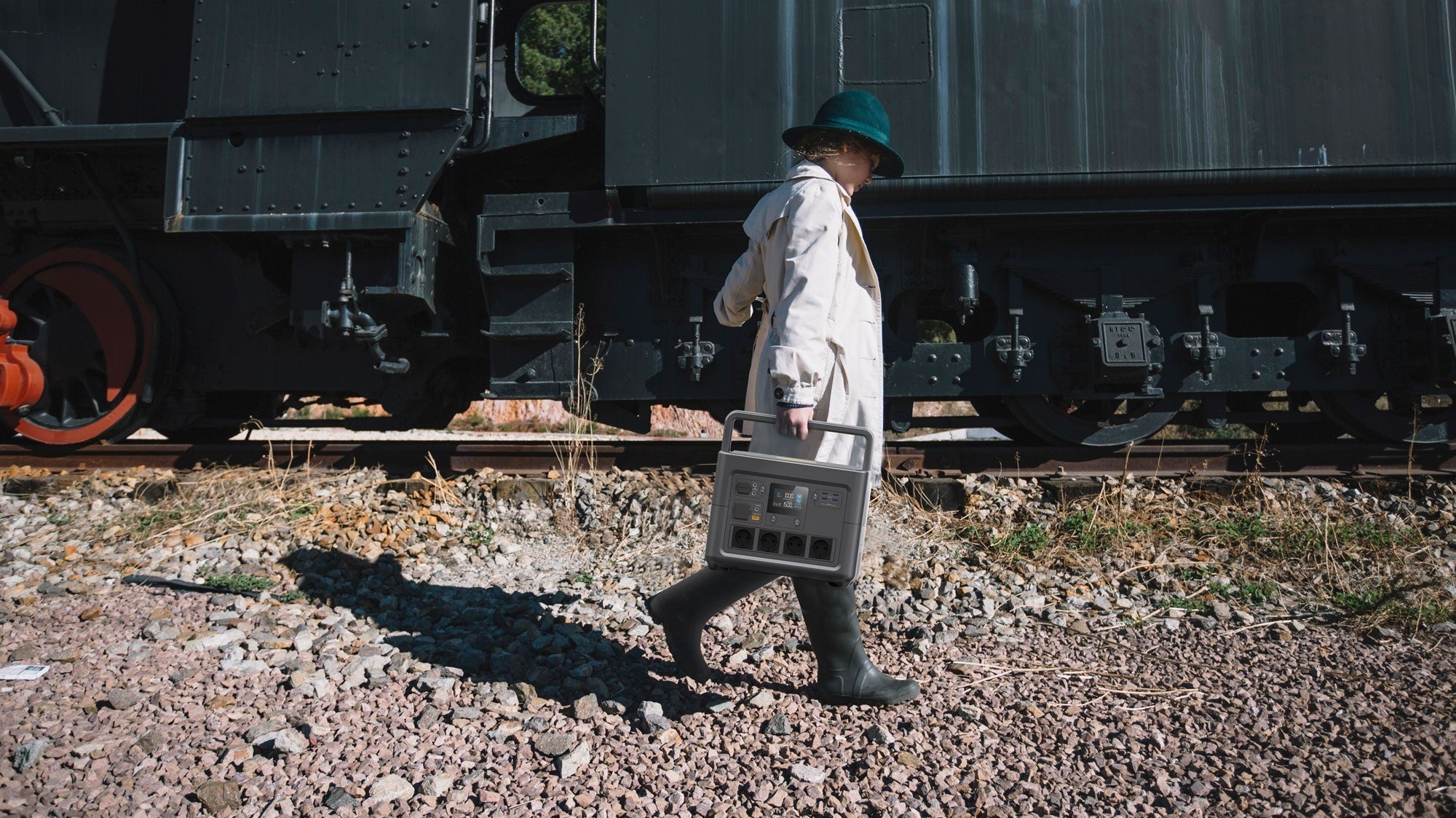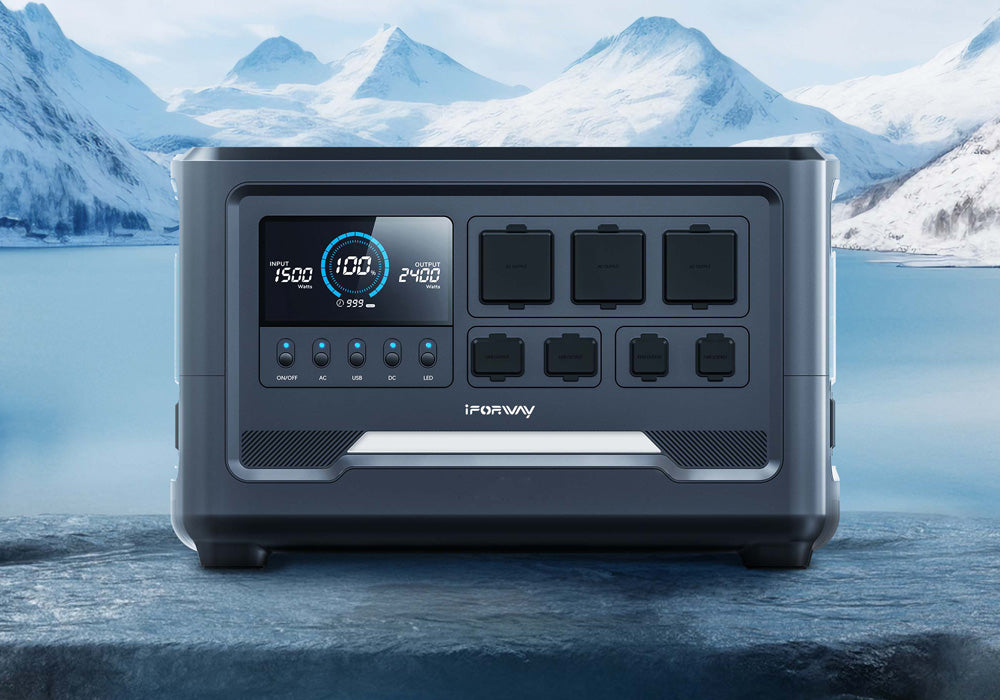

As Germany continues to push for renewable energy, balcony power plants have become an increasingly popular choice for homeowners. These mini solar systems not only provide clean energy for homes but also contribute to the broader goal of expanding green energy. In April 2024, the German government simplified the registration requirements for balcony power plants, making the process faster and more convenient. However, registration is still a legal requirement for operating your mini photovoltaic system. This guide will explain how to register your balcony power plant.
Legal Requirement: Balcony Power Plants Must Be Registered
According to current regulations, all balcony power plants must be registered in the Federal Network Agency’s (Bundesnetzagentur) Market Master Data Register (MaStR). The new policy, effective from April 2024, has streamlined the registration process, requiring only basic system and operator information. There is no longer a need to report separately to the network operator. This makes the registration process much simpler and more direct for most homeowners.
Changes in the Solar Package 2024: Simplified Registration Process
In the past, registering a balcony power plant involved notifying the network operator and installing specific meters. However, with the changes introduced in the April 2024 Solar Package, registration will now be done directly through the Market Master Data Register. There is no longer a need to report separately to the network operator. This means users only need to complete the registration process within a month after the system has been commissioned, through the Federal Network Agency's online platform.
Registration Process: How to Register Your Balcony Power Plant in the Market Master Data Register
To register your balcony power plant, follow these simple steps through the Federal Network Agency's online service portal:
-
Create an Account: First, you need to create an account on the Federal Network Agency’s online service portal.
-
Enter System Information: When registering, you will need to provide the following information:
- Location Data: The address of your photovoltaic system.
- Contact Information: Your personal contact details.
- Technical System Data: Information such as the power output and model of your solar system.
- Company Form (if applicable): If you are a business user, you will need to provide relevant company details.
-
Submit Registration: Once all the necessary information is filled in, submit your registration application. Your balcony power plant will then be registered in the Market Master Data Register.
If there are any technical or structural changes to your solar system, you can update your registration information at any time through the online platform.
Do You Need a Second Meter?
Many users may wonder whether a second meter is required when installing a balcony power plant. According to the Federal Network Agency, measuring power output is not mandatory for mini photovoltaic systems, as it is primarily for informational and regulatory purposes. However, older meters may run into issues where they turn backwards due to the power fed back into the grid. To prevent this, network operators usually replace the old meter with a modern one.
Penalties for Failing to Register
Failure to complete the registration process on time can lead to penalties. According to the Market Master Data Register Regulation (MaStRV), unregistered balcony power plants are considered an administrative violation, and the Federal Network Agency may impose fines. Therefore, it is crucial to complete the registration process as soon as possible to avoid unnecessary legal complications.
800-Watt Limit: Registration Requirements for Balcony Power Plants
It’s important to note that the simplified registration process for balcony power plants applies only to mini photovoltaic systems with an inverter capacity of 800 watts or less. If your system exceeds this limit, it will be treated as a standard solar system and must go through a more rigorous registration process. Additionally, larger systems may be subject to different tax regulations.
Landlord Permission: Balcony Power Plants in Rental Properties
For renters, it is generally required to obtain the landlord's permission before installing a solar system on the balcony. In cases where the building is a listed heritage property or has other special protections, the landlord may refuse installation for safety or structural reasons. However, if the installation doesn’t involve changing the building’s structure, or if changes are being made under revised apartment law, it may be easier to obtain permission from the landlord.
Recommended: iFORWAY Solar Generator G24PRO

If you're looking for a solar generator to complement your solar setup, the iFORWAY Solar Generator G24PRO is an excellent choice. This solar generator is designed to provide homeowners with reliable, renewable, and safe backup power, ensuring continuous energy supply and true energy independence. Here's why it’s an ideal solution for balcony solar systems:
-
High Capacity and Expandability
The iFORWAY Solar Generator G24PRO stands out with its impressive capacity. With a robust 2,048Wh battery capacity and up to 2,400W output (with a 6,000W surge capacity), it offers ample energy storage for your solar system. What's even better is that it is expandable to 17.2kWh, providing plenty of room for all your energy storage needs. -
Fast Solar Charging
The iFORWAY G24PRO is equipped with an MPPT (Maximum Power Point Tracking) charger, enabling fast solar charging. Unlike many other solar generators that take hours or even days to charge, the G24PRO can quickly capture energy from sunlight, ensuring your system remains ready to use at all times. -
Ultra High Safety and Reliability
Safety is paramount when it comes to backup power systems. The iFORWAY G24PRO features multiple layers of protection, safeguarding the device and its components. It includes overheat protection, short-circuit protection, and surge protection, ensuring that the system operates smoothly even under harsh conditions.
Conclusion: Easy Registration, Quick Power Generation
By installing a balcony power plant, you not only provide clean energy for your home but also contribute to Germany’s energy transition. Although registering your balcony power plant is mandatory, the process is simple and quick. Typically, you only need to provide basic information, and once the system is commissioned, registering it within a month will ensure you can legally operate your mini photovoltaic system.
For anyone planning to install a balcony power plant, understanding and following the registration requirements will help ensure your system operates legally and avoid unnecessary legal risks and penalties. With the new, streamlined process, you’ll be enjoying green energy from your balcony in no time!
Recent Posts
Blog Tags
How Competitive Electricity Markets Help Business Energy Buyers Optimize Costs and Efficiency
As the future of business energy procurement moves toward greater sustainability and efficiency, competitive electricity markets will play a vital role in shaping the energy solutions of tomorrow.
Global Portable Power Station Market Analysis: Growth Trends, Size Forecast
The portable power station market is experiencing rapid growth, driven by the demand for clean energy, the surge in outdoor activities, and increasing awareness of power security. In the future, portable power stations will evolve toward higher power, smart features, and multifunctionality, providing users around the world with more reliable energy solutions.
Weight Optimization in Portable Power Stations
Weight optimization is a crucial factor in the development of portable power stations. By leveraging lightweight materials and high-energy-density batteries, manufacturers are creating more efficient and user-friendly power solutions. As the market continues to evolve, we can expect even more advanced, lightweight options for outdoor and emergency use.

